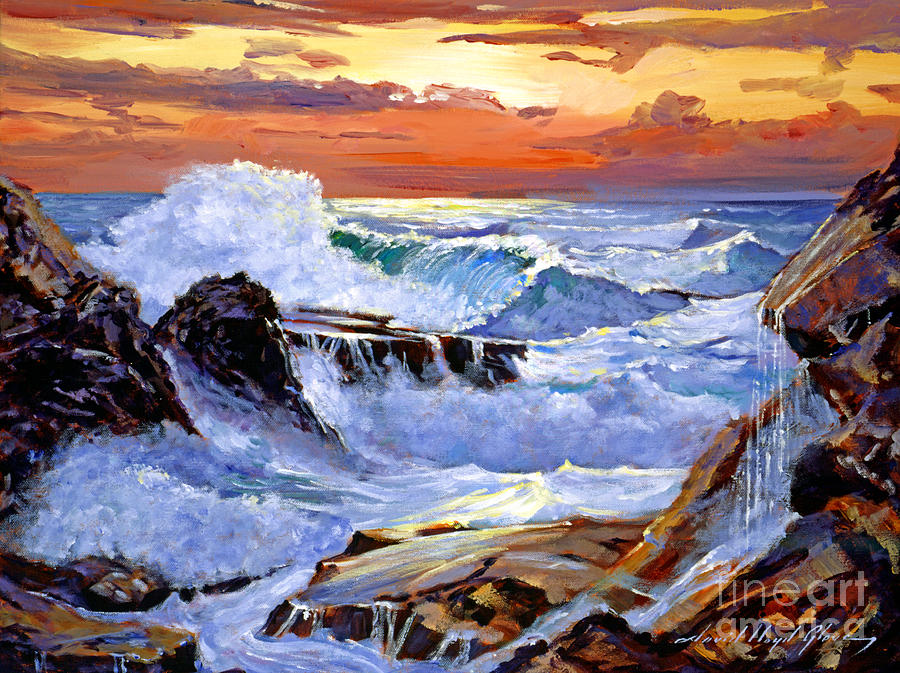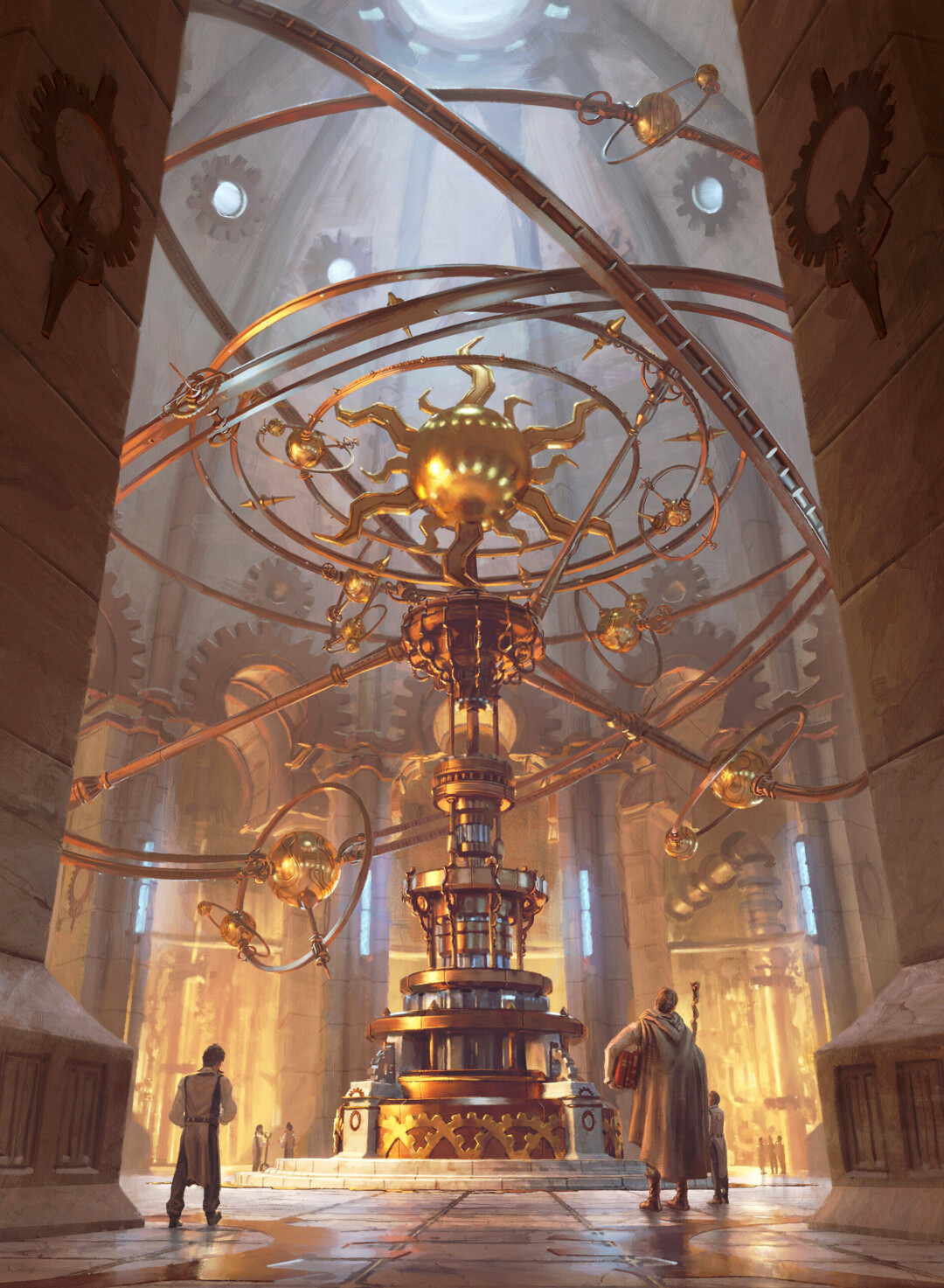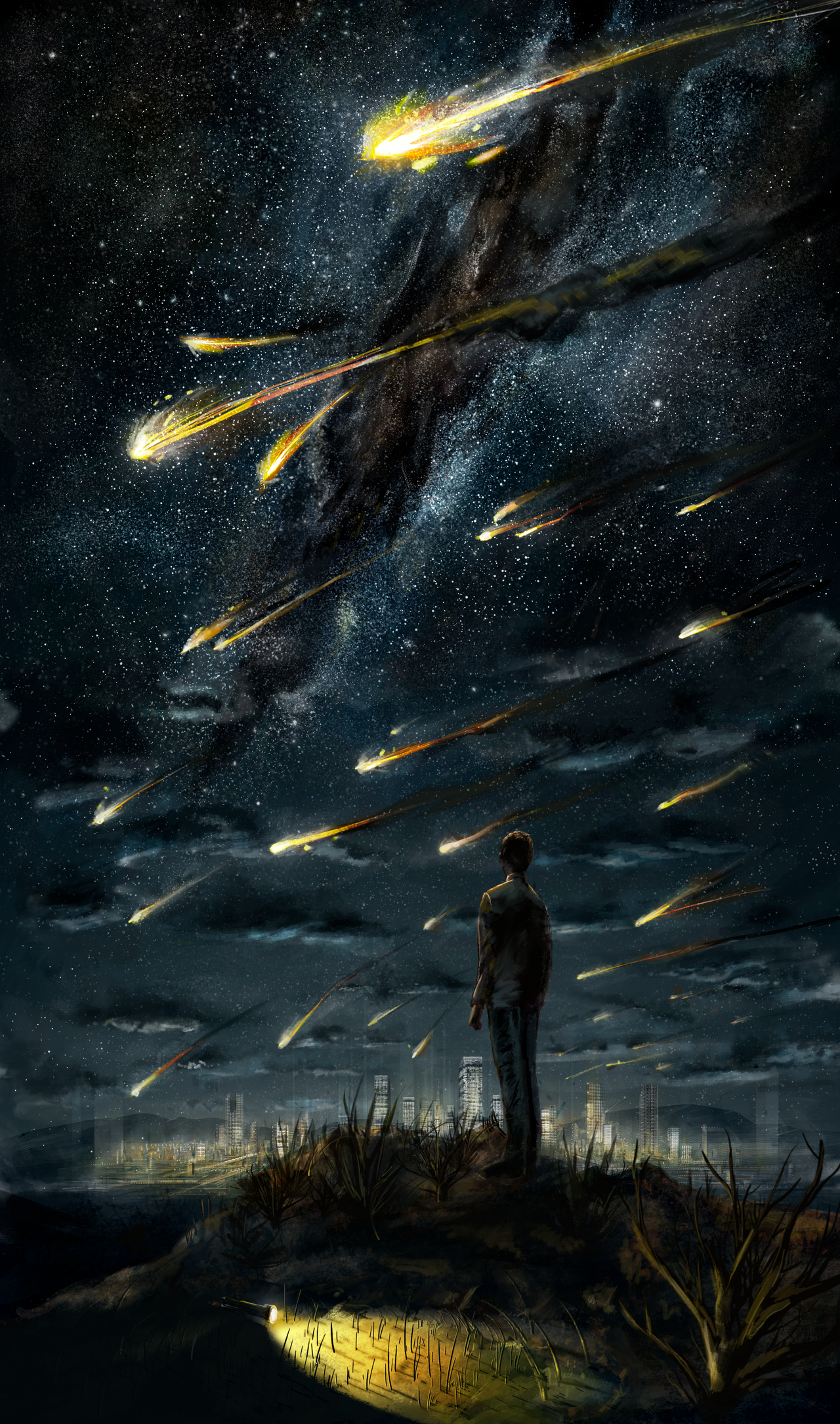 |
| David Johnson |
Makram Al-Tervih was the greatest entertainer to ever live.
A young talent from the moment of his inception, the gold jester was born to indentured servitude. A result of his father's secret affair with a water peddler. He was stricken in two for the act, but his mother was allowed to carry the young child to term. They were subsequently servants to the man's old house.
A titular munchkin at his emergence, the midwife joked that had he been born any smaller, he could fit into a mail canister. It is said that young Makram smiled with glee at the proposal.
A Golden Child
Born Makram Aben Rahmat after his blood father, it took many years for the young entertainer's talents to be noticed. A self-proclaimed rascal in his youth, the boy's quick wit and arrogance were his grandest defence, keeping him out of far more trouble than he deserved.
Note: Seraphine is a continent built under extreme predeterminism. When the Authority first came to Aabrya and became acclimated to the building of its church, a set of ground rules were delivered from its molten throne to the growing theocracy below. Such rules, comprised in The Codex of Kings, include a strict code of destiny; Peasants are peasants, and kings are kings. Few gain the privilege of defying this rule. It is always given and infallibly earned.
He was a jester at heart. A boy of laughter and chide, as quick on his feet as he was with his tongue. A menace to all, including his mother, the boy's antics were permitted unfettered so long as he completed his drudge tasks. A chore he performed amicably even long after his departure.
 |
| David Lloyd Glover |
Under the palm of his new lord's house, Makram performed diligently to age 17. His attitude was jovial in all things, lighthearted even at the darkest times. It was that spark that made him so desirable. Suitors would come in well-packed suits, attempting to marry a poor servant boy their daughters and sons. Time and time again would their advances be brought to the house. In dowry or word, proclamations of love and wedlock. All would be denied with a gallant whump.
Makram had no need for the trappings of love. Prestige and honour were merely a means to greater aspirations. Those without a knack for wit, without patience for jest or laughs, were discarded in his mind instantaneously. For if you could not understand what a man loves most, why bother at all?
A Silver Lord
It took many years for the boy's talents to be noticed. After innumerable letters and heartfelt summons, it seemed as if he would remain forever a joyous servant. His jokes were of little interest to the master of the house, his father's brother, and there was only so much content that could be scrapped from the bottom of his surroundings.
Makram was content with the knowledge that he would never truly be free. He would have been right had he never met the Lord Aphotritchides.
Son of Fahid, Father of a Million Sons, ruler of the Mesquite for a hundred years. He came for the young entertainer in a letter fashioned from beads of silver and parchment gold. The Old Lord was, at the time, a grand duke of Seraphine's eastern provinces. A ruler of beaches and timberyards, who ripped trees by their roots with great success. A man of limitless coffers, he had a penchant for petitioning artists from all across the land. His hunger for new talent was voracious.
And so, the young entertainer found himself in the company of royals. His talents would only grow with age, and his mind would swim in the pleasures of life.
A Copper Coin
For twenty years, the now-proclaimed Makram Al-Tervih served as crown jester to the duke's throne. His journeys took him across the continent, to country and island, filling his eyes with the many great wonders of the world. His blessings were great; wine, comfort, lovers: for his duty was as crucial to the realm as his master. He was a comedian. A clown of the heart. His words were a source of much-needed joy.
But the boy had a secret. Whisperings of the heart never meant to be heard. Known only by his closest friends and then only truly understood by his mother, he had managed to avoid its woes for decades.
 |
| Andreas Achenbach |
One day, The Lord Aphotritchides declared yet another hosted celebration, set to the sight of his most prestigious villa. It was a grandiose occasion for a monstrously large locale, his favourite summer home atop the rocky shelves of the coast. Its cliffs crumbled into the waves below.
Even as the festivities began, the duke could see his jester's essence flush. Eyes chattering in their sockets, sweat rolling down his arms and into the baggy pockets of his leggings. Indeed this was not his first celebration, so what was the fuss? His grin was wide as he called those in assembly to attention.
"As a means of goodwill and pleasant feasts," he spoke, tongue flippant with liquor, "I ask that my most trusted confidant perform his greatest feat yet!"
The jester's heart sank beneath his bowels. Several servants began to unravel the final festivity: a massive stage atop the cliff's edge. Its foundations crumbled rock as they were nailed to the earth.
"My golden child shall complete a daring performance atop the blessed cliffs of my home! His rushing blood shall liven this land. His sweat will purify the surf below!"
"May his composure in the face of death bless our nation for years to come!"
 |
| Edward Potthast |
Makram Al-Tervih was scared of the sea. It had terrified him since he was a child, its inky depths as mysterious as the endless cosmos above. He had written entire plays on the folly of man in war. Love, science, and the great forever above were topics he took great joy in dismantling, but never the ocean. He avoided the subject as if his attempts would offend it. His gaze avoided its as if some great catastrophe was set to strike, would they have met.
He lasted thirty minutes. Half an hour of constant, incessant dancing and performing. Not a word slipped from his lips, even as he tumbled between brass rings and burning spears, and yet the crowd still roared with applause. Makram could be funny as a mute or an amputee, but never to the sea. He finally met his end, catching his foot beneath a copper plate, snapping the support and sending them plunging into the waves below.
It is said that he cried as he plummeted. It was a long drop, ten seconds before the rocks or the water took him. Plenty of time for the terrified trickster's mind to conjure up some final words. The rumours say that he spoke of fear and devils, of heresies unheard of by his tongue, just before his lips touched the water. A servant whispers that the waves broke as he approached, and that his body flattened against the seabed dry as a stone.
Of Consequence
The Old Lord never returned to that palace. His guests were ushered outwards, and the gates locked behind them. Its location was stricken from all the world maps, and its serfs cut at the tongue. It is muttered that he never spoke of what occurred that day. Many post-mortem accounts proclaim that it caused a profound change in him. The Lord Aphotritchides would live another six years after this event, completing his centennial service and allowing his body to rest.
Makram Al-Tervih is remembered as a man of great talent, who gave his life in worship to the Authority and its teachings. Lessons are taught from his works in universities, and statues are erected in his honour. But it is the sailors who speak most highly of him. Those who ride the eastern cliff walls speak blessings to his soul and cast gifts in his name, seeking protection from the man who missed the tide.
The fishermen curse his name inland and speak of him nowhere else. They believe that his spirit roams the ocean still, a pocket husk burrowing beneath the ocean. They would be partially mistaken.











